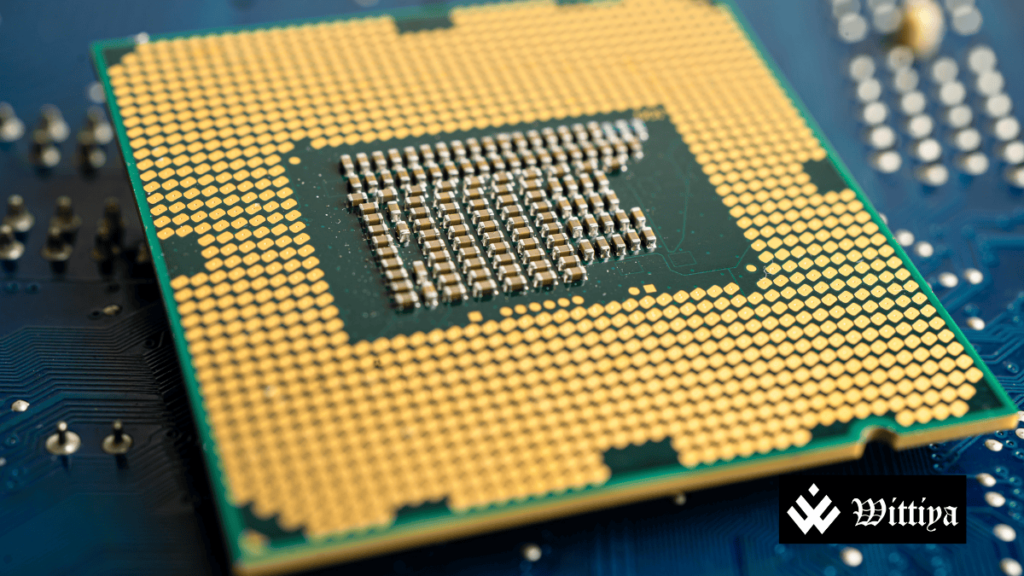Taiwan’s Powerchip Technology faces increased competition from Chinese foundries like Nexchip in the legacy chip market. China’s push for local production and aggressive pricing strategies are reshaping the $56.3 billion legacy chip industry, putting pressure on Taiwanese firms.
Taiwan’s Powerchip Technology, a leader in the semiconductor industry, is confronting mounting competition from Chinese foundries like Nexchip. This intensifying rivalry comes as Beijing pushes for local production, applying aggressive price cuts and offering subsidies to foster its homegrown chipmakers. This competition is particularly evident in the legacy chip market, where Taiwan has traditionally been dominant.
Founded in 1994, Powerchip Technology has long been a major player in the global semiconductor landscape. However, a deal made in 2015 with the Chinese city of Hefei to establish a foundry has backfired. While initially intended to provide better access to the Chinese market, Powerchip’s collaboration with Nexchip has led to a shift in the competitive landscape. Nexchip, one of China’s emerging foundries, has rapidly gained market share in the legacy chip industry, a crucial $56.3 billion sector.
Nexchip’s success is partly due to its ability to leverage steep discounts, which have become a hallmark of Chinese foundries’ strategy to expand quickly in global markets. The Chinese government’s drive for self-sufficiency in semiconductor production, bolstered by financial incentives, has made it difficult for Taiwanese companies like Powerchip to maintain their foothold in key markets. This is further exacerbated by the broader U.S.-China trade tensions, which have disrupted global supply chains, giving Taiwanese firms some breathing room amid fierce competition.
As the market continues to evolve, Taiwan’s chipmakers face difficult decisions regarding how to adapt to these new dynamics. The legacy chip sector, once considered a lucrative domain, now faces greater uncertainty as Chinese companies make significant strides toward capturing global market share.
The challenge posed by Chinese competitors is reshaping Taiwan’s semiconductor strategy, leaving companies like Powerchip Technology to contemplate their next moves in an increasingly competitive and uncertain market.



